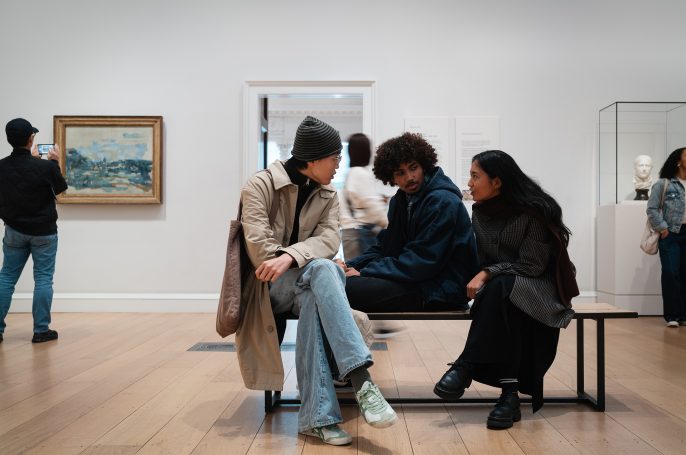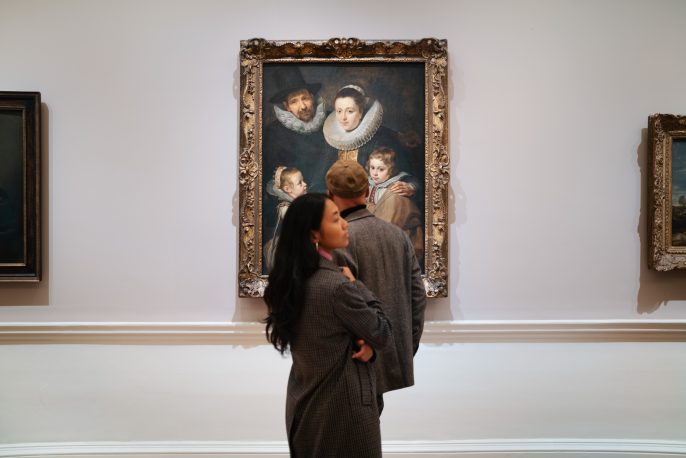Hegel’s Aesthetics claims that it is a legacy of Protestantism that we ‘no longer venerate works of art’. The novel plays an important role in his historical account, since the Reformation emphases on inwardness and the individual led to what he called ‘the broken promise of an epic life’. For Hegel, the novel takes Protestantism to its logical, prosaic conclusion, depicting the aesthetic habitat of fractured modern selves who are not wholly at home in this world. Bringing Hegel into conversation with later Hegelians, Lukács and Bakhtin, Kate Kirkpatrick’s paper will present the novel as an expression of ‘transcendental homelessness’ and ‘metaphysical homesickness’ after the death of God–and art.
Michael Squire’s paper will explore the interconnections between Protestant assumptions about images and the academic discipline of art history. His argument – painted in what he calls ‘scandalously broad brushstrokes’ – will be that art historians have at once overlooked and undertheorised the theological (specifically Lutheran) underpinnings of the discipline. On the one hand, his position intersects with what G.W.F. Hegel had to say about the history of art and its critique in his 1820s Lectures on Aesthetics. On the other, he asks whether Hegel in fact forms part of a problem rather than of a solution – and how these themes relate to the broader ‘material’ and ’sensory’ turns of the twenty-first century.
Our Speakers
Kate Kirkpatrick is Lecturer in Religion, Philosophy, and Culture at King’s College London. She is interested in methodology and literary form in philosophy and theology, and her primary research areas are French phenomenology and existentialism. She has written two books on Jean-Paul Sartre, co-authored The Mystical Sources of Existentialist Thought (with George Pattison), and has just completed a biography of Simone de Beauvoir entitled Becoming Beauvoir (forthcoming from Bloomsbury, August 2019).
Michael Squire is Professor of Classical Art at King’s College London. His interests stretch from Graeco-Roman antiquity (especially ancient visual-verbal relations) to the classical tradition at large, including the formation of German aesthetics in the eighteenth and nineteenth centuries. Recent projects include The Frame in Classical Art: A Cultural History (2017, with Verity Platt), Rethinking Lessing’s Laocoon (2017, with Avi Lifschitz), The Embodied Object in Classical Antiquity (2018, with Verity Platt and Milette Gaifman) and The Art of Hegel’s Aesthetics (2018, with Paul Kottman).
There will be time for discussion and questions following the papers. The event will be concluded by an informal reception.
Organised by Professor Ben Quash (King’s College London) and Dr Scott Nethersole (The Courtauld Institute of Art).
About the seminar series
The seminar on Sacred Traditions and the Arts is a joint venture between the Department of Theology and Religious Studies at King’s and The Courtauld. It seeks to place researchers in dialogue who are working on any aspect of the sacred and visual culture. It is open to all scholars and students who have an interest in exploring the intersections of religion and art regardless of period, geography or tradition.





